In today's Brazil, the question that should echo in every healthy democracy has been silenced by a robe: who watches the watchmen? In the name of combating disinformation, the TSE — with the support of the STF — has taken on the role of arbiter of truth. A role not provided for in the Constitution, but embraced with enthusiasm by the state apparatus that presents itself as the guardian of democracy.
The problem is not in the fight against lies, but in the method: a court, composed of ministers appointed by governments, unilaterally decides what is fact and what is fake. If this doesn’t sound dangerous, perhaps it’s worth revisiting some chapters in history in which censorship was also justified as a protective measure. The Inquisition used the pretext of faith. Nazism, of order. Stalinism, of revolution. And all of these experiences had something in common: they began by silencing “dangerous” ideas. The name of the medicine is always pretty. The taste, not.
Read more: Democracy in Silence: The Return of Single-Minded Thought
The court of electoral truth
The STF decision that validated the TSE's superpowers was based on the need to preserve the integrity of the electoral process. A noble justification, if it weren't for the detail that “integrity” has become synonymous with narrative control. The TSE can now remove posts, shut down channels and even determine what can be said in campaigns — without the need for a traditional judicial process, without adversarial proceedings, and without a clear deadline for review.
In other words: a State that claims to combat lies with censorship, without allowing debate, assumes ownership of the truth. It is like naming itself the secular Pope of post-truth. The monopoly of information is the new indulgence of the republic.
Concrete cases: selective censorship?
During the 2022 elections, legitimate content was removed for alleged “threats to democracy.” A video of a jurist criticizing Supreme Court decisions. An academic article questioning electronic voting machines. A satirical cartoon featuring Supreme Court justices. All considered dangerous.
Meanwhile, openly manipulated news stories against opposition candidates circulated freely. The ideological filter was evident. And this is not about defending one political side — it is about defending the right to criticize all sides.
When censorship is selective, the State does not combat error: it chooses which errors can be said.
Authoritarian logic disguised as virtue
The centralization of truth in the hands of the State is an old temptation. Authoritarian regimes — left and right — have always appealed to the argument of order to justify silencing. “Freedom of expression is not freedom of disinformation,” they say. The uncomfortable detail is that the one who defines what disinformation is… is the State itself.
Truth does not need state protection; only lies need to be imposed by decree.. When an electoral court becomes an inquisitor of opinions, democracy becomes a simulation. And elections become an empty ceremony.
The impact on 2026
With this precedent set, the 2026 election risks being the most heavily monitored in recent history. There is already discussion about expanding the number of filters, the use of “fact-checking agents” subordinate to the TSE, and the punishment of candidates who “spread doubts” about the process. Now, having doubts is the right of every free citizen. An electoral system that cannot be questioned is a dogma, not a republican institution.
When doubt becomes a crime, dissent is criminalized. And where dissent is prohibited, democracy is nothing more than a façade. Prior censorship will be just the harbinger of a regime in which official propaganda takes the place of debate, and forged unanimity stifles any plurality. What is being built is not electoral security — it is a State immune to criticism and impervious to civil society.
Conclusion
The real risk to democracy is not criticism of the system, but the system’s shielding against criticism. The state’s lie is always sold as redeeming truth. But when the state becomes the judge of language, the citizen becomes a subject.
📩 Subscribe to Economic Radar to receive analyses like this directly to your email — short, incisive and with the rigor that the silenced press does not deliver.
Read also:
STF validates superpowers of the TSE and buries electoral freedom
STF, TSE and the blurred line between power and censorship
Democracy in silence: the return of single-minded thinking
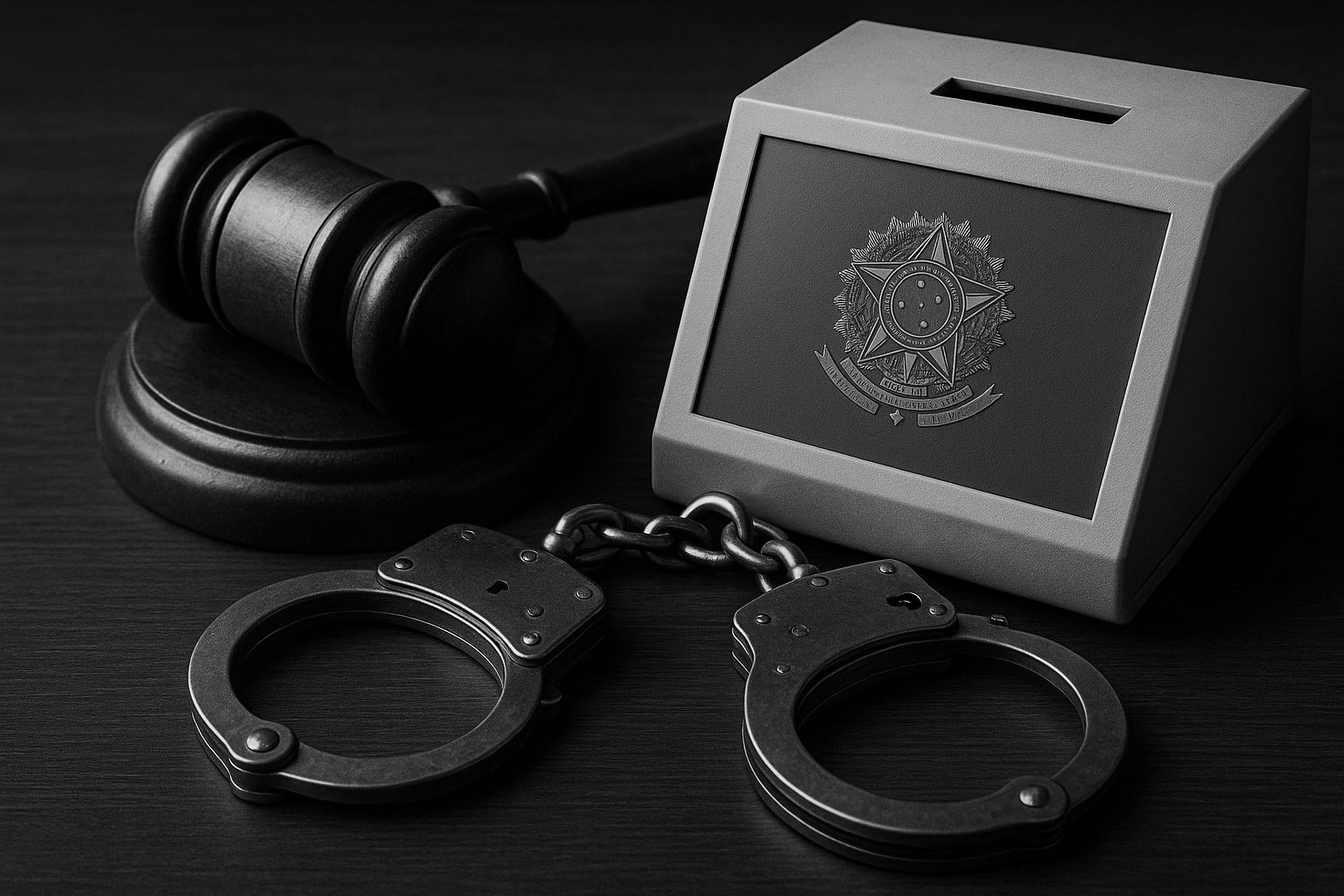
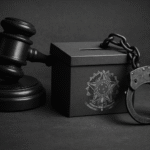
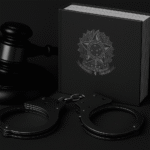
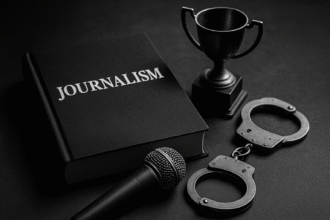
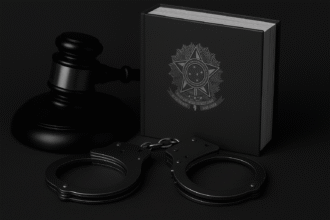
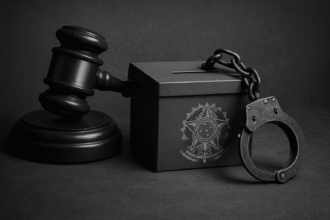
One Comment